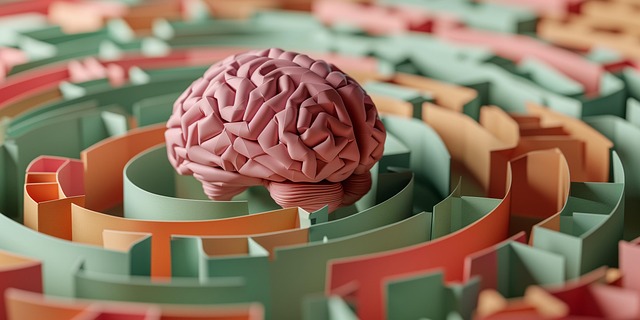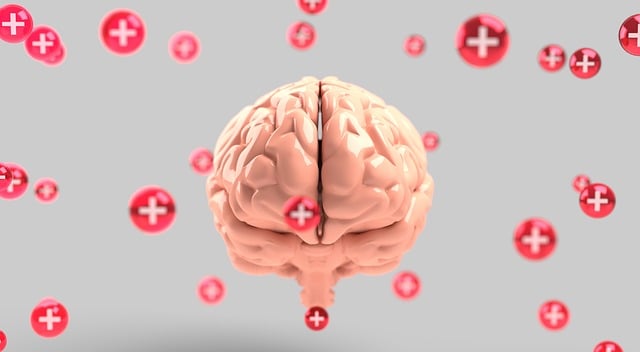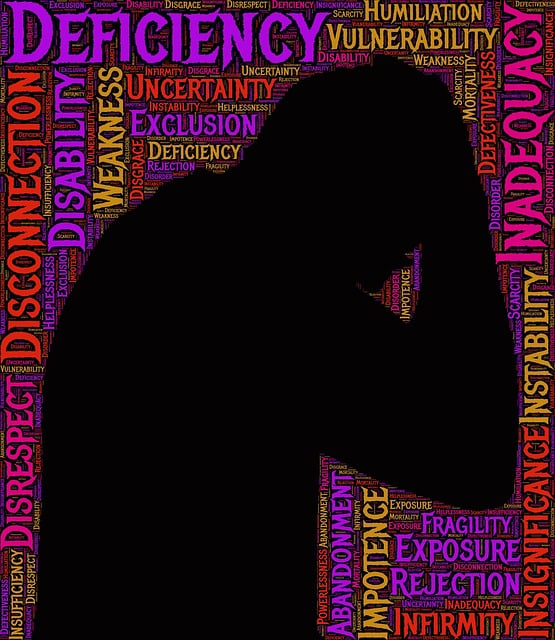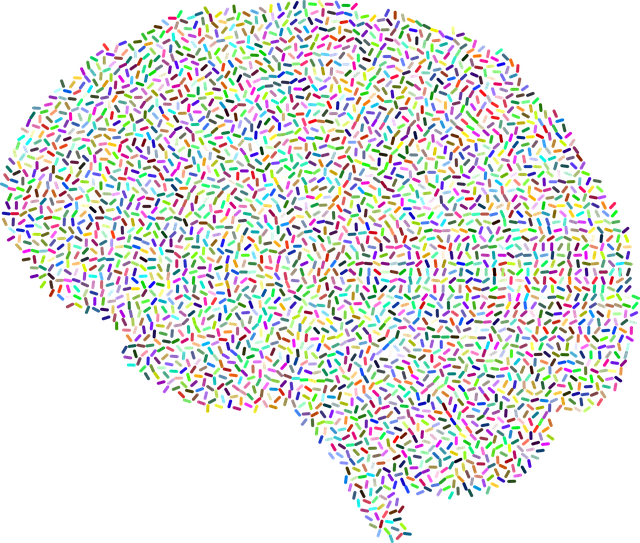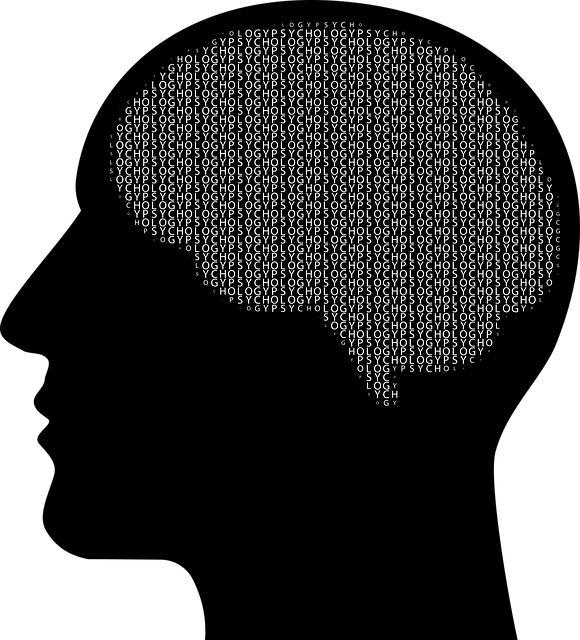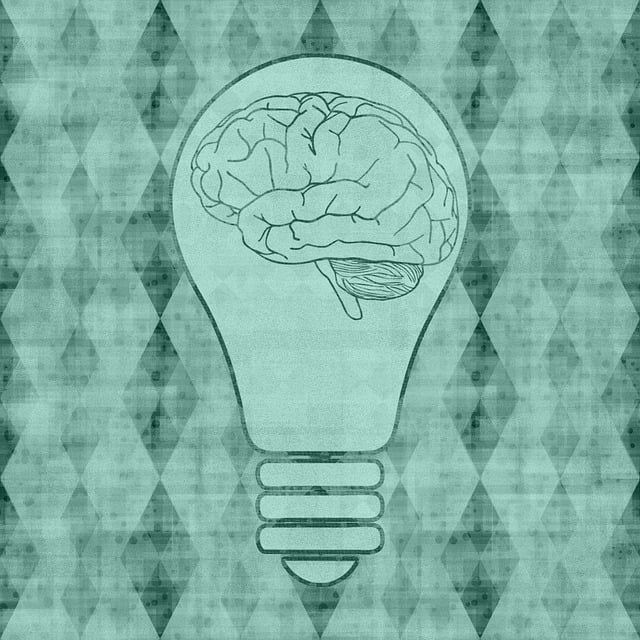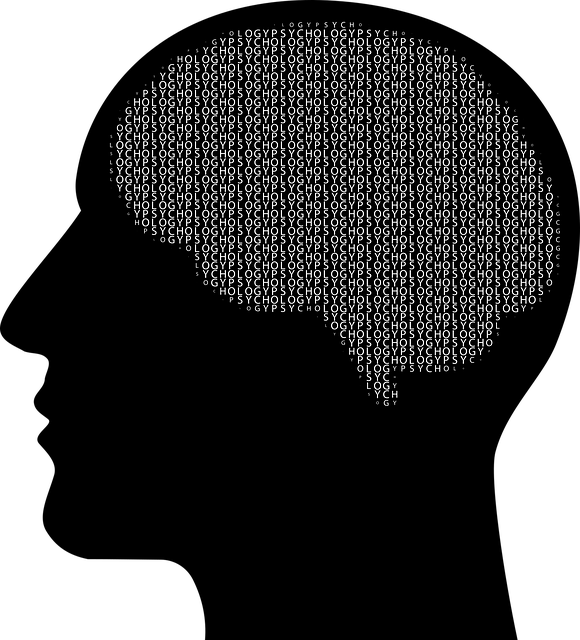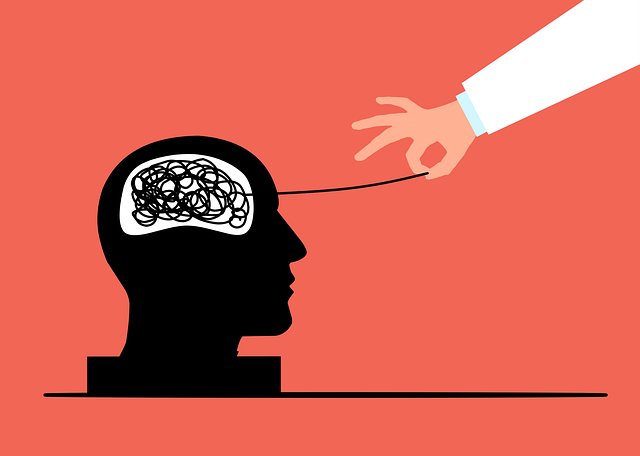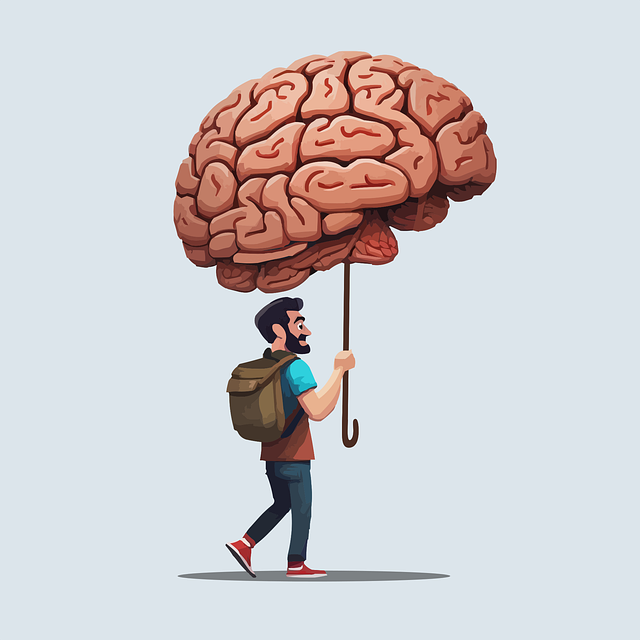Cultural sensitivity is vital in mental healthcare for adolescent teens and men facing unique challenges. Therapists must recognize how cultural backgrounds impact mental wellness, fostering trust and open communication. Adapting techniques to address specific barriers like stigma, language differences, and lack of culturally affirming services improves accessibility. Incorporating cultural perspectives in journaling and tailoring support to personal experiences enhances therapy effectiveness. By breaking down societal hurdles through specialized sessions, community workshops, and burnout prevention for healthcare providers, mental health services become more inclusive and impactful for this demographic.
In today’s diverse society, cultural sensitivity is paramount in mental healthcare. Understanding and respecting different cultural backgrounds, values, and beliefs can significantly impact treatment outcomes. This article explores essential aspects of cultural sensitivity, focusing on adolescent and teen issues, men’s mental health, therapy sessions, and building trust with diverse clients. By integrating culturally competent practices, mental health professionals can provide more effective care, address specific challenges like stigma, and ultimately improve patient well-being, especially for adolescents and men facing unique mental health concerns.
- Understanding Cultural Sensitivity: Why It Matters in Mental Healthcare
- Navigating Adolescent Teen Issues: A Culturally Responsive Approach
- Unlocking Men's Mental Health: Overcoming Stigma and Barriers
- Integrating Cultural Competence in Therapy Sessions
- Building Trust and Effective Communication with Diverse Clients
Understanding Cultural Sensitivity: Why It Matters in Mental Healthcare

Cultural sensitivity is a cornerstone of effective mental healthcare, especially when catering to diverse populations like adolescent teens and men facing unique mens issues. In today’s interconnected world, mental health professionals must recognize and appreciate the impact of cultural nuances on an individual’s mental wellness. Every patient brings their own set of beliefs, values, and experiences shaped by their cultural background, which can significantly influence how they perceive and engage with therapy.
Understanding these cultural factors is vital for building trust, fostering open communication, and providing tailored support. For instance, a teen from a diverse ethnic background might require specific guidance on dealing with cultural identity struggles or discrimination, which could impact their mental health. Similarly, men seeking therapy may face barriers related to societal expectations of masculinity, making resilience-building exercises and risk management planning sensitive yet essential components of their treatment journey. Mental wellness journaling can also be adapted to incorporate cultural perspectives, allowing individuals to explore their experiences in a way that resonates with them personally and culturally.
Navigating Adolescent Teen Issues: A Culturally Responsive Approach

Navigating adolescent teen issues requires a culturally responsive approach that recognizes and respects the unique experiences and perspectives shaped by their backgrounds. In a world where mental health challenges among teens are rising, understanding cultural nuances is vital for effective therapy. Many adolescents from diverse communities face specific barriers to seeking help, including stigma, language differences, and a lack of culturally affirming services. Therapists must go beyond typical practices to create safe spaces that resonate with teens’ identities.
A culturally sensitive approach involves adapting therapeutic techniques to address the specific needs of adolescent boys. This might include incorporating their interests and cultural references into sessions, ensuring gender-specific support, and teaching resilience-building skills tailored to their experiences. Moreover, healthcare providers can implement burnout prevention strategies, such as stress management workshops, to enhance their own well-being and sustain a supportive environment for teens. By integrating these considerations, therapy for adolescent teens with men’s issues becomes more accessible and impactful.
Unlocking Men's Mental Health: Overcoming Stigma and Barriers

Mental health issues among men, particularly adolescents and teens, have long been overshadowed by societal stigmas and cultural barriers. Traditional gender norms often discourage young men from expressing vulnerability or seeking help for emotional struggles, leading to increased rates of unaddressed mental health concerns. Unlocking men’s mental well-being involves a concerted effort to break down these barriers.
Therapy plays a pivotal role in this process by offering safe spaces for self-exploration and emotional expression. Specialized therapy sessions tailored for adolescent boys can foster self-awareness through exercises focusing on mood management and stress reduction. Organizations dedicated to men’s mental health also organize workshops, providing platforms for open discussions and peer support. By combining therapeutic interventions with community initiatives, we can empower young men to take charge of their mental health, ensuring they receive the necessary tools for navigating life’s challenges.
Integrating Cultural Competence in Therapy Sessions

In today’s diverse society, integrating cultural competence in therapy sessions is not just a best practice but an essential component of effective mental healthcare. When treating adolescent teens and men facing various issues, therapists must be attuned to cultural nuances that can significantly impact their experiences with mental illness. This includes understanding the unique challenges faced by minority groups, recognizing and addressing potential biases, and incorporating culturally sensitive interventions tailored to individual needs. By doing so, therapy becomes more inclusive and accessible, fostering a safe space for clients to openly discuss their struggles.
For instance, therapists can facilitate self-esteem improvement by incorporating cultural perspectives that validate diversity and promote positive identity formations. Additionally, depression prevention strategies can be enhanced through an awareness of community support systems and traditional coping mechanisms specific to different cultures. Moreover, mental illness stigma reduction efforts can greatly benefit from a culturally competent approach, encouraging open conversations and challenging stereotypes that often prevent individuals from seeking help.
Building Trust and Effective Communication with Diverse Clients

Building trust and effective communication with diverse clients is a cornerstone in mental healthcare practice, especially when catering to adolescents and men facing various issues. Understanding cultural nuances is vital for creating an inclusive environment that fosters open dialogue. Therapists must acknowledge and respect different cultural beliefs, values, and communication styles to ensure sessions are not only productive but also sensitive to individual needs.
When working with adolescent teens or adult males from diverse backgrounds, tailoring therapy approaches becomes essential. This might involve incorporating culturally relevant techniques, such as traditional healing practices or gender-specific interventions, to enhance engagement and trust. Effective communication strategies include active listening, clear explanations of therapeutic processes, and ensuring privacy and confidentiality, all of which contribute to a safe space where clients feel heard and respected, ultimately reducing barriers to accessing mental illness stigma reduction efforts and trauma support services.
Cultural sensitivity is not just a desirable trait but an indispensable necessity in mental healthcare. By integrating cultural competence, therapists can build trust and effectively communicate with diverse clients, unlocking essential insights that enhance treatment outcomes. When it comes to specific populations like adolescent teens and men facing unique challenges, a culturally responsive approach becomes transformative. Through understanding and addressing barriers such as stigma, mental health professionals can provide tailored therapy for adolescent teens and men’s issues, fostering healing and improvement in well-being across diverse cultural backgrounds.
